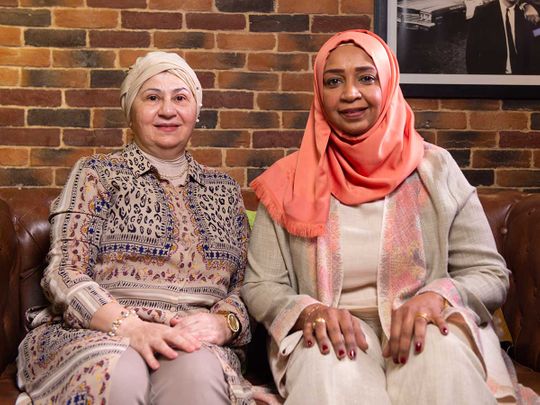
Did you know that among those who suffer chronic crippling migraine attacks, the vast majority are female? Scientists still don’t know why, although hormonal issues appear to be at play.
For many women who have had hormone-related headaches, migraines become more frequent and severe during perimenopause — the years leading up to menopause — because hormone levels rise and fall unevenly. For some women, migraines improve once their menstrual periods stop, but tension headaches often get worse.
In the case of Nahed Mowaket – who is interviewed by Dr Suzan Noori in the third episode of Gulf News’ six-part Mind Your Migraine vodcast series – her migraines began after undergoing a hysterectomy eight years ago.
Since then attacks have occurred regularly, usually out of the blue – majorly disrupting family and work life. She recalls one incident at a pleasant family lunch out where a severe attack hit her just as the food was arriving. “Right away I started to feel nauseated and dizzy, and I would see black spots and got so tired, and then the headache started – I couldn't even move,” she tells Dr Suzan.
Nahed's son had to walk her to the car, and she went straight to the hospital, where she remained for a couple of days.
For many female migraine sufferers across the region, Nahed’s experiences will at least show they are not alone, and Dr Suzan’s explanations will offer more clarity on their condition.
To learn more on why women have it harder than men, listen to the full discussion, which drops on June 8 across leading podcast channels. You can also watch the episode by visiting www.gulfnews.com/mind-your-migraine












